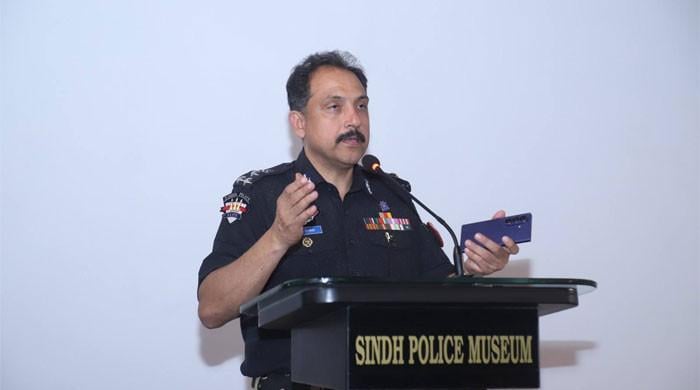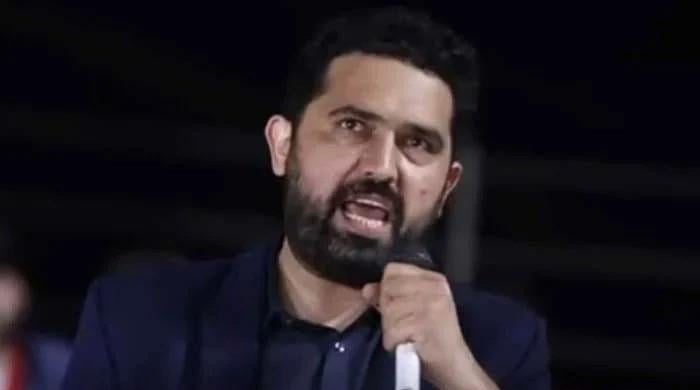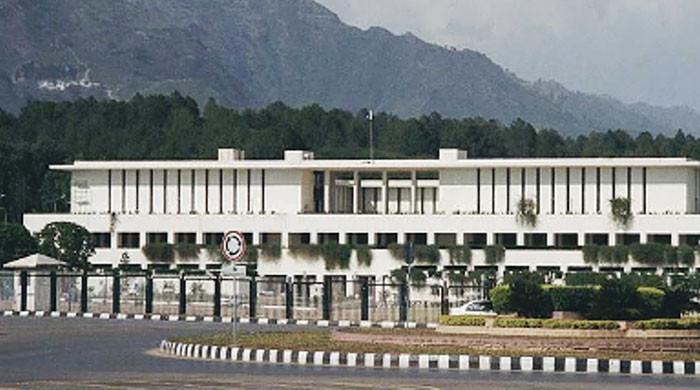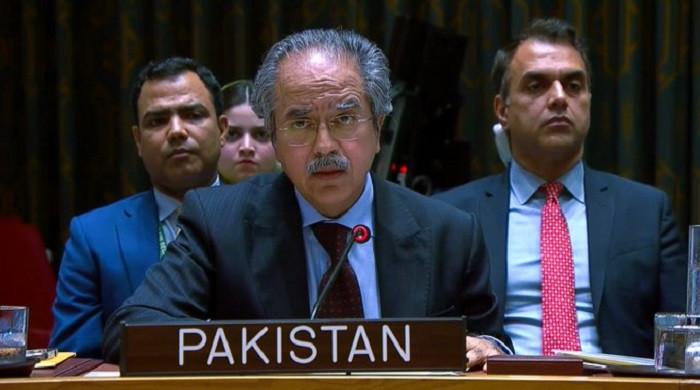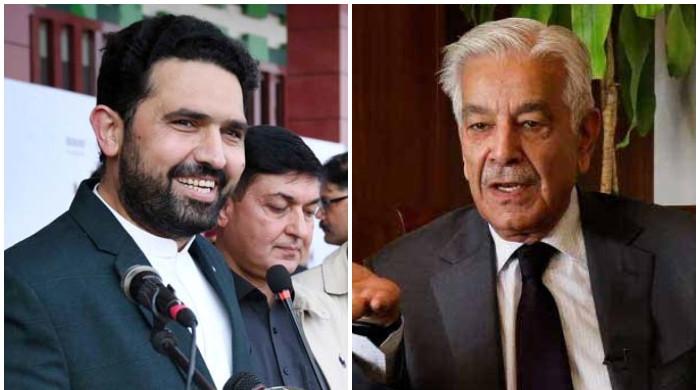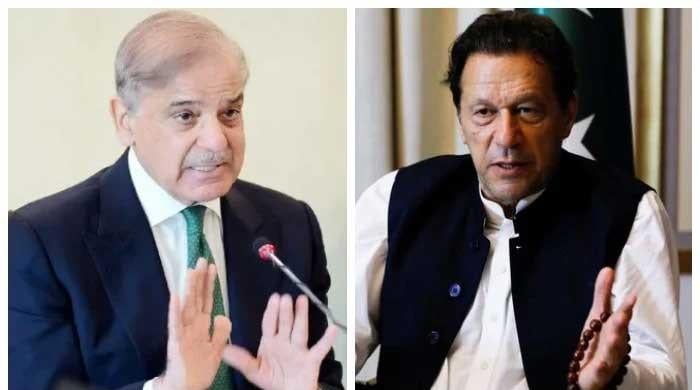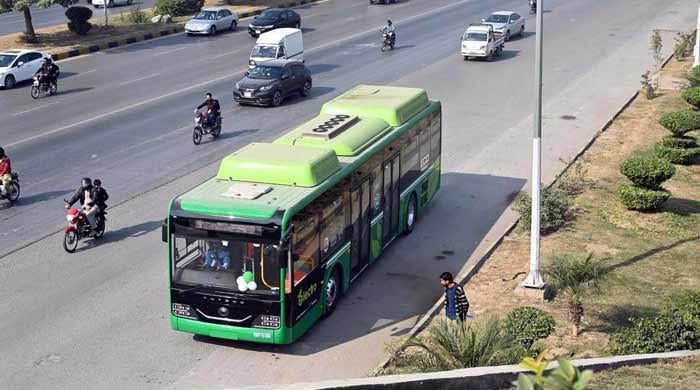Field Marshal's successes reflect shift in US policy on India: report
America and Pakistan now rebuilding ties with focus on trade, counter-terrorism, reports The Economist
August 04, 2025
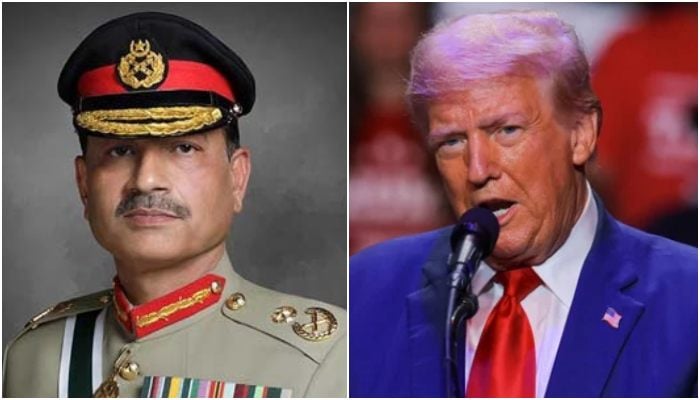
- US rebuilding ties Pakistan with focus on trade, counter-terrorism.
- Washington also considering selling weapons to Islamabad.
- DG ISPR terms talks of COAS becoming president as "nonsense".
ISLAMABAD: Field Marshal Asim Munir, Pakistan's army chief, could hardly have wished for more. Wracked by debt and insurgent violence, his country had been sidelined in geopolitics as America and other rich countries courted India, Pakistan's arch-rival.
And yet there he was, enjoying a private lunch with Donald Trump in the White House on June 18, just over a month after Pakistan's brief conflict with India. Then, at the end of July, came further snubs for India: branding it a dead economy", Trump imposed tariffs of 25% while hailing a new trade deal with Pakistan.
The Economist writes, "The Field Marshal's fortunes reflect a shift in American policy that affects India, China and the Middle East. America's close ties to Pakistan deteriorated after American forces killed Osama bin Laden in his Pakistani hideout in 2011.
"America then lost interest after leaving Afghanistan a decade later. But to India's dismay, America and Pakistan are now rebuilding ties with a focus on trade, counter-terrorism and consultation on Middle Eastern policy. America may even sell arms again to Pakistan (it currently gets around four-fifths of them from China)."
Pakistan's politics may be at a turning point, too. Field Marshal Munir's popularity has surged since the conflict with India. And the civilian government now has the two-thirds parliamentary majority needed to alter the Constitution.
The future of the world's second-largest Muslim country and its relations with America, India and China thus depends increasingly on one question: what exactly does Field Marshal Munir want?
But Lt Gen Ahmed Sharif Chaudhry, Pakistan's military spokesperson, tells The Economist that talk of his boss becoming president is "nonsense". He also challenges the idea that the Field Marshal is more ideological than recent predecessors.
Unlike most of them, the Field Marshal is the son of an imam. He was educated in a madrassa and can recite The Quran by heart. He is also the first Pakistani army chief not to have trained in America or Britain. Yet General Chaudhry argues that the army chief is "well versed" with the West and resolutely opposed to militant groups operating on Pakistani soil.
Others who have regularly met the army chief describe him as both pious and pragmatic, with a keen interest in the economy. He admires the modernisation drive of Saudi Arabia's Crown Prince Mohammed bin Salman. His appetite for risk is greater than that of his predecessor, who favoured quiet (and ultimately fruitless) diplomacy with India. Even some critics credit the Field Marshal with resisting foreign pressure not to respond to India's initial air strikes.
The Field Marshal would probably still enjoy America's backing. He recently earned praise for killing and capturing leaders of a local offshoot of Daesh. He has sparked interest from Trump associates in Pakistan's crypto and mining sectors. And he has positioned Pakistan as a potential means to advance America's interests with Iran.
In return, America has toned down criticism of Pakistan's programme to build longer-range ballistic missiles, which officials from Joe Biden's administration considered a threat to America. It has resumed some aid programmes. It is also considering selling weaponry, including armoured vehicles and night-vision goggles, to help Pakistan combat local insurgents. And American officials are examining Pakistan’s evidence to support its claims that India backs those insurgencies, although they are unconvinced so far.
Then there is India. Field Marshal Munir wants to bring it to the negotiating table. Narendra Modi, India's prime minister, is determined to resist and has vowed to respond to any more terrorist attacks with further military action.
Asked how Pakistan would react to that, its military spokesperson says it would begin by striking deeper within India. "We'll start from the east" he says. "They also need to understand that they can be hit everywhere".
Originally published in The News




